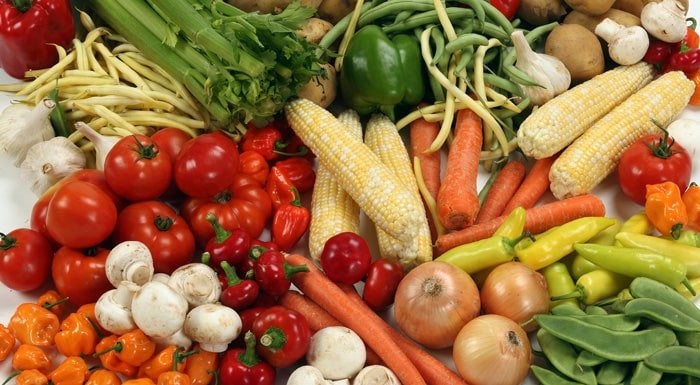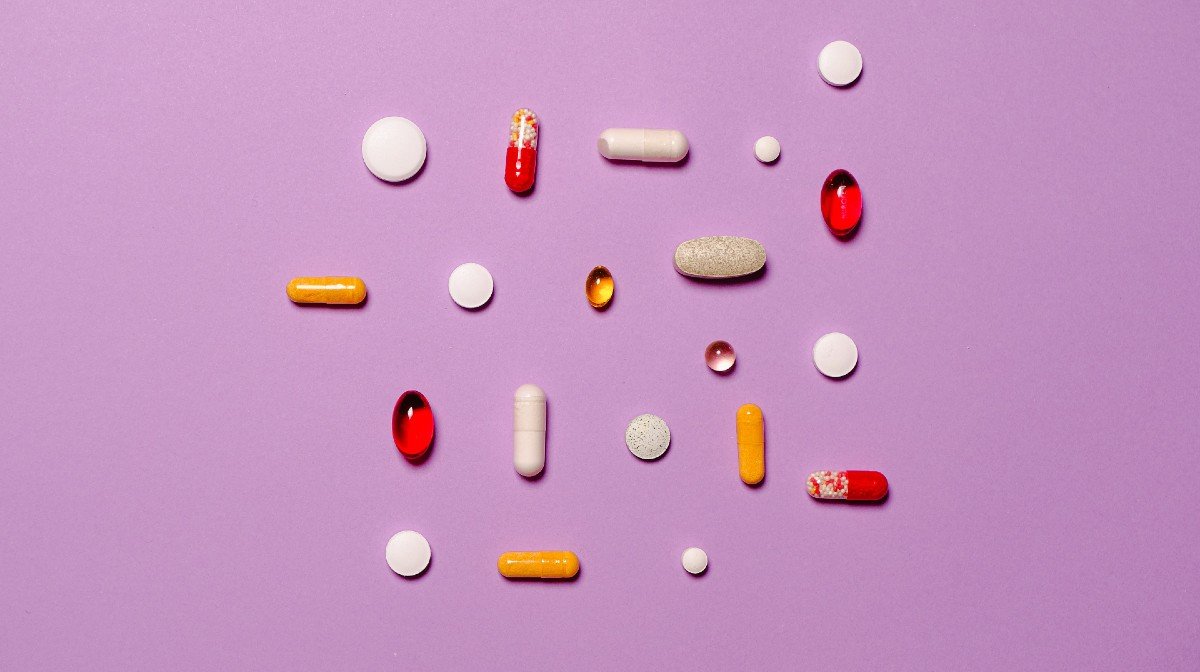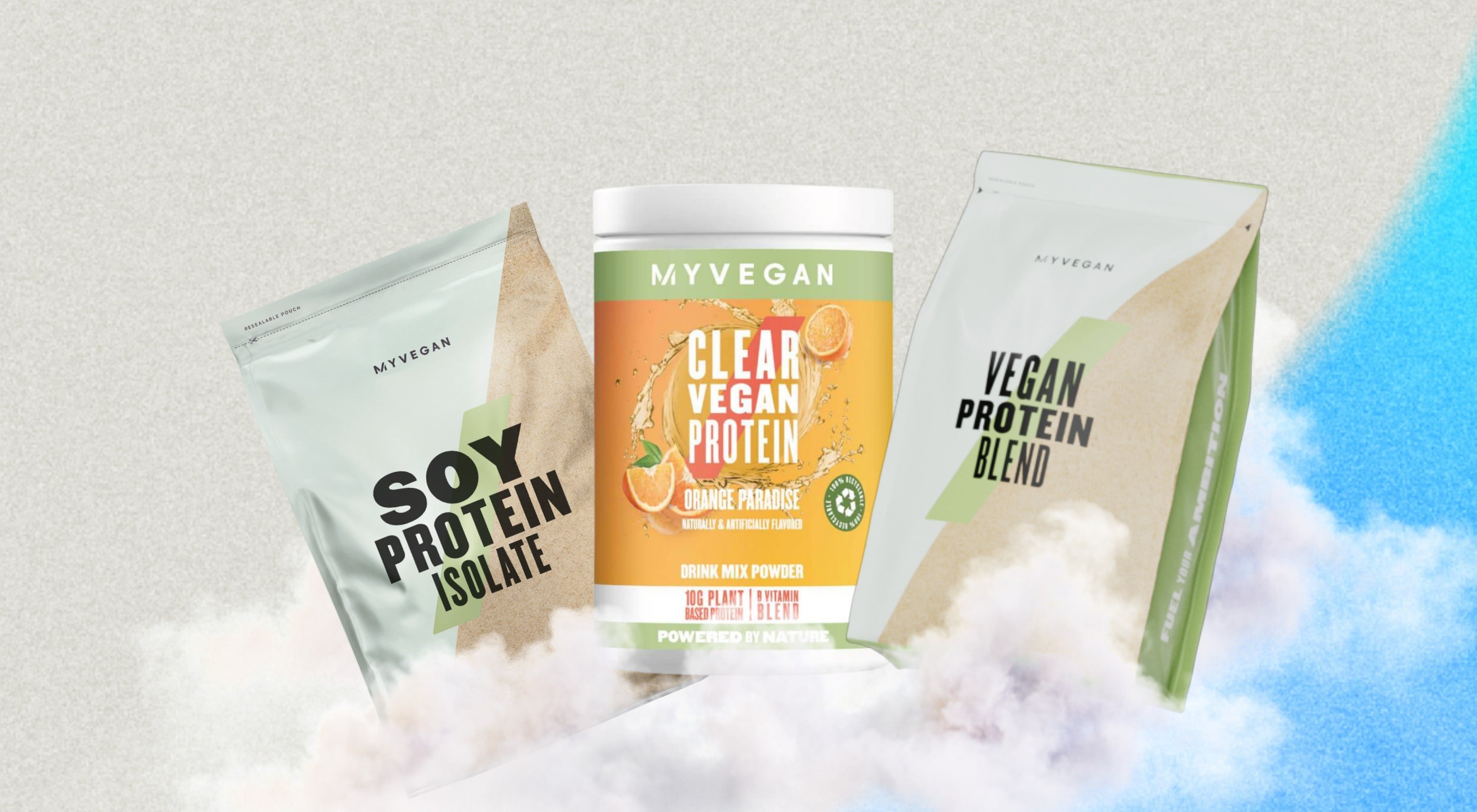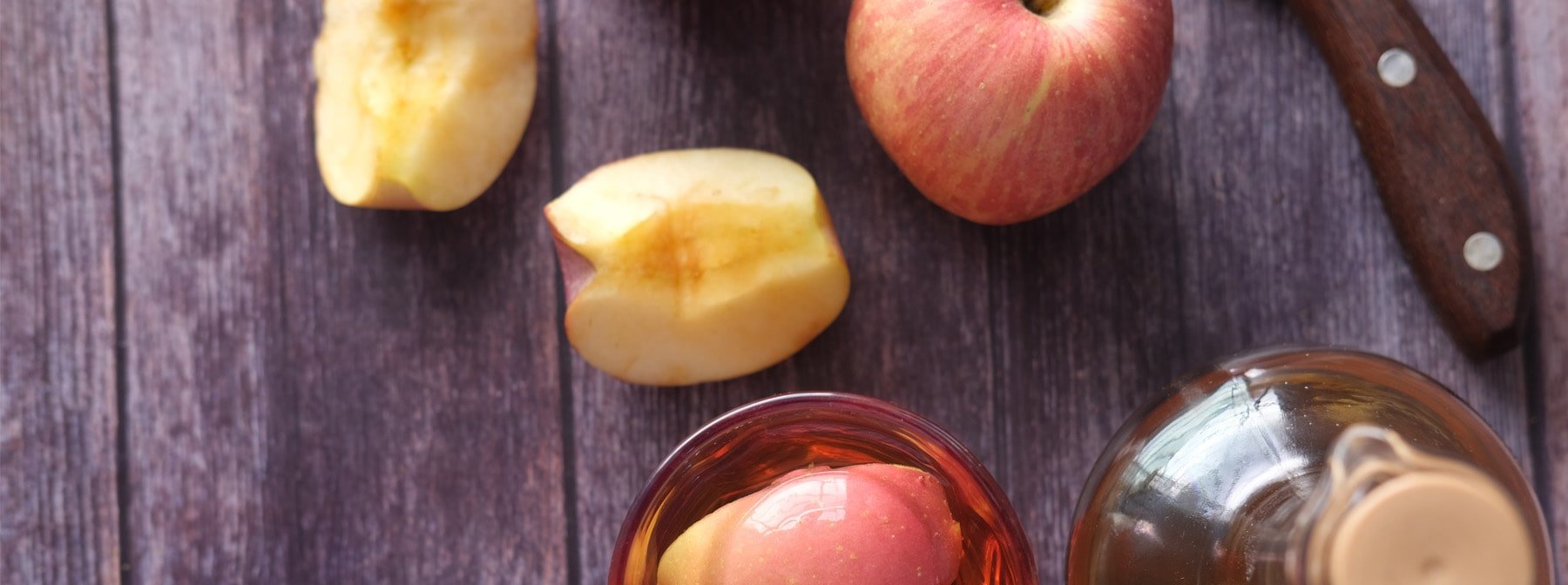
More people are adopting a vegan diet, whether, through health choices or ethical ones, it is easy to assume that it is as simple as just not consuming any animal products. Although a vegan diet can come with various benefits, there are potential issues to be aware of.
Benefits can include better weight management, stable blood sugars, and reported decreases in the risk of some diseases, but a poorly planned diet can lead to nutritional deficiencies. One of those groups of nutrients are called amino acids and they’re involved in pretty much every process in the body.
This article will cover everything you need to know about amino acids in relation to a vegan diet.
Jump to:What Are Amino Acids?Essential Amino Acids vs. Non-Essential Amino AcidsWhat Do Amino Acids Do In The Body?Why Do We Need Amino Acids?Foods Rich In Amino Acids For VegansTalk To Your NutritionistFAQs
What Are Amino Acids?
Amino acids are the compounds, or building blocks, that combine to form proteins. They give proteins their distinct characteristics and functions.
They are the basic structural component of our bodies, including the brain, muscles, blood, skin, nervous system, and hair.
They are large molecules within our bodies and can be categorised into three main types.
- Fibrous – muscle fibres, tendons, and connective tissues.
- Membrane – transporters which send signals around the body.
- Globular – hormones, enzymes, and immunoglobin.
Protein is an essential macronutrient that everybody needs. When we eat food, the body breaks it down into amino acids, which then come together to form protein structures that have a specific role within the body.
Eating a varied diet is key to consuming the amino acids we need, especially those that are essential.
Essential Amino Acids vs. Non-Essential Amino Acids
With hundreds of amino acids appearing throughout nature, only 20 amino acids are found within the human body. These can be classified as either essential or non-essential amino acids.
Essential Amino Acids
Essential amino acids cannot be synthesised by our bodies, meaning we must consume them in our diets. Of the 20 amino acids our body needs, nine are essential; these are:
- Isoleucine
- Histidine
- Lysine
- Leucine
- Phenylalanine
- Tryptophan
- Methionine
- Threonine
- Valine
Non-Essential Amino Acids
Non-essential amino acids are not required from our food as our body can synthesise these, often using the essential amino acids to do so.
We also tend to consume plenty of them in our diet without thinking about it. There are eleven non-essential amino acids, these are:
- Alanine
- Asparagine
- Arginine
- Aspartic acid
- Glutamic acid
- Cysteine
- Glutamine
- Proline
- Glycine
- Serine
- Tyrosine

What Do Amino Acids Do in The Body?
Amino acids perform many important roles and functions within the body, both biological and chemical.
Many of the body’s systems would struggle to work or stop working completely without them. They play a part in everything from brain development to digestion, so maintaining levels for these functions is a must.
Here are some of the properties and functions of amino acids:
A Healthy Immune System
Without threonine, arginine, and serine, our bodies would struggle to maintain a healthy immune system as these amino acids play major roles in synthesising proteins and system maintenance.
Promoting Growth
Amino acids create proteins that are needed for growth and repair. Whether it’s childhood growth or the growth and repair through exercise, amino acids such as valine, glycine, and serine are involved.
Promoting Healing
Along with growth, amino acids are also responsible for assisting with healing wounds and repairing the body. Glycine, as mentioned above, helps with this, as does arginine.
Removing Toxins
Every day our bodies are required to remove waste products from our diets and chemical reactions across our different systems. Amino acids such as alanine and arginine help those processes to occur and aid the kidneys.
Synthesis of Other Components
As mentioned, we do not need to consume every amino acid as our bodies can create some of their own. Amino acids also synthesise DNA, RNA, red blood cells, and hormones.
Brain Development and Function
Responsible for every system in the body, brain health is one of the most important properties that amino acids hold. Glutamine and glutamic acid are the two key compounds for the development and function of our brains.
Metabolism and Appetite Regulation
Telling us when to eat, when to stop and then signalling our bodies to start using that food are all essential roles of amino acids, in particular tryptophan and aspartic acid.
Artery Protection
Proline is vital in ensuring that the thickening and hardening of artery walls (arteriosclerosis) are prevented.
Hair, Skin, and Eyes
The production of melanin, which gives our eyes, skin, and hair its colour, uses the amino acid tyrosine. Methionine and cysteine are vital to maintaining the health and elasticity of our skin, with proline involved in the regeneration of new skin.
A Healthy Nervous System
To ensure the body’s signals get from the brain to different areas of the body, and vice versa, our nervous systems need amino acids for maintenance.
Glycine, glutamic acid, and tyrosine play their roles in this, directly acting as neurotransmitters or assisting with hormones used in synthesising neurotransmitters.
Why Do We Need Amino Acids?
For many vegans, getting enough protein and in turn, a variety of amino acids, is a dietary priority.
As mentioned previously, amino acids play many important roles within the body; without them, our bodies wouldn’t function properly.
Here are some of the reasons we need amino acids:
A Precursor to Other Components
Many amino acids are required to synthesise other components required in the body. An example of this is the amino acid tryptophan which is needed to make serotonin, the chemical transmitter which plays a role in mood stabilisation.
Tryptophan can be abundant in animal-based protein sources; however, it isn’t as widely available in vegan foods. A 100g piece of firm tofu will provide around 235mg of tryptophan compared to 404mg in a 100g piece of chicken.
Bone Development and Maintenance
Lysine is one of the key amino acids that can be insufficient even within a balanced vegan diet. Lysine has vital role in the development and fixation of calcium in bones. Deficiency can result in an increased risk of bone fractures.
Muscle Growth and Recovery
Particularly important to vegans who go to the gym or play sports, protein is used as fuel and to repair muscles after exercise.
Consuming protein after a workout helps to replace spent fuel and aids recovery by lessening muscle soreness.
Aids with Digestion
Some plant-based foods have a low bioavailability score, which means they are harder for the body to absorb sufficient nutrients when consumed.
A good range of vegan food sources means the body will get optimal amounts of amino acids, which aid digestion by assisting with the breakdown of food.
Balanced Blood Sugar Levels
Amino acids play several important roles in the maintenance of blood sugar.
Arginine is needed for insulin absorption and can reduce insulin resistance.
Alanine assists by increasing cells' energy production during exercise, allowing the cells to take on more glucose.

Foods Rich In Amino Acids for Vegans
Unlike animal forms proteins which are complete, containing all 20 amino acids, a plant-based diet does not usually contain all of them.
For this reason, when eating a vegan diet, combining protein sources helps source all nine essential amino acids to support health.
The good news is there are plenty of natural vegan food sources of amino acids, including:
- Soyabeans/Tofu/Tempeh/Edamame
- Oats
- Leafy greens
- Seeds – especially pumpkin, chia, and hemp
- Nuts
- Cranberries
- Apples
- Kiwis
- Quinoa
- Mushrooms
- Avocados
- Legumes
- Orange fruits and vegetables
- Beans
- Seaweed
- Nutritional yeast
Talk To Your Nutritionist
Before making any big changes to your diet or taking any supplements, you should speak to a doctor, nutritionist, or dietitian.
If you have any concerns, seek medical attention.
Take Home Message
Amino acids play an important role across various bodily systems and functions, they’re vital in a balanced diet. As a vegan, it is easy to meet the requirements within your diet if various plant-based, natural foods are consumed. For some, supplementation may be advisable and an easy way to ensure no deficiencies occur.
FAQs
How do vegans get amino acids?
Vegans can get all the amino acids their bodies need through a well-planned and varied diet of plant-based natural foods. If they include a variety of fruits, vegetables, whole grains, legumes, nuts, and seeds, they shouldn’t have a problem getting everything from their diet.
Can you get all 20 amino acids from a vegan diet?
Yes, however, it is recommended that vegans combine foods to ensure they are consuming all nine essential amino acids and the non-essential ones.
Can you get amino acids from plants?
Yes, you can get amino acids from plants; plants can synthesise all 20 amino acids.
What vegan foods are high in amino acids?
Soybeans and their products (tofu, tempeh) are considered whole protein sources, providing the body with all the essential amino acids.
Oats, nuts, seeds, and legumes are also high in amino acids.
What essential amino acids do vegans lack?
A varied vegan diet should be sufficient in amino acids, but some vegans may be deficient in lysine and methionine.
Should vegans take amino acid supplements?
Vegans can get all the nutrition they need from plants. Planning is needed to consume a large variety of foods to meet dietary needs, and while not essential taking a supplement can be a good backup.
Want more vegan content?

'There's Been No Negatives' | Stoltmans Try Vegan Supplements
If the World's Strongest Brothers can do it, so can you.
READ THESE NEXT:

8 Vitamins All Vegans Should Consider Taking | Vegan Vitamin Guide
Supps to ensure you're getting everything you need on a vegan diet.

Myprotein's Best Vegan Protein Flavours, Ranked By You
There's more than one way to get ve-gains...
Our articles should be used for informational and educational purposes only and are not intended to be taken as medical advice. If you're concerned, consult a health professional before taking dietary supplements or introducing any major changes to your diet.









